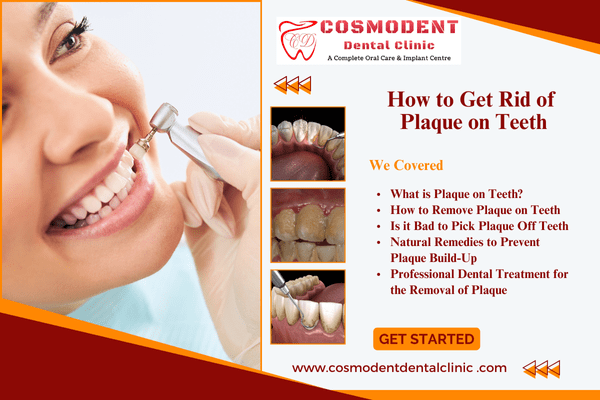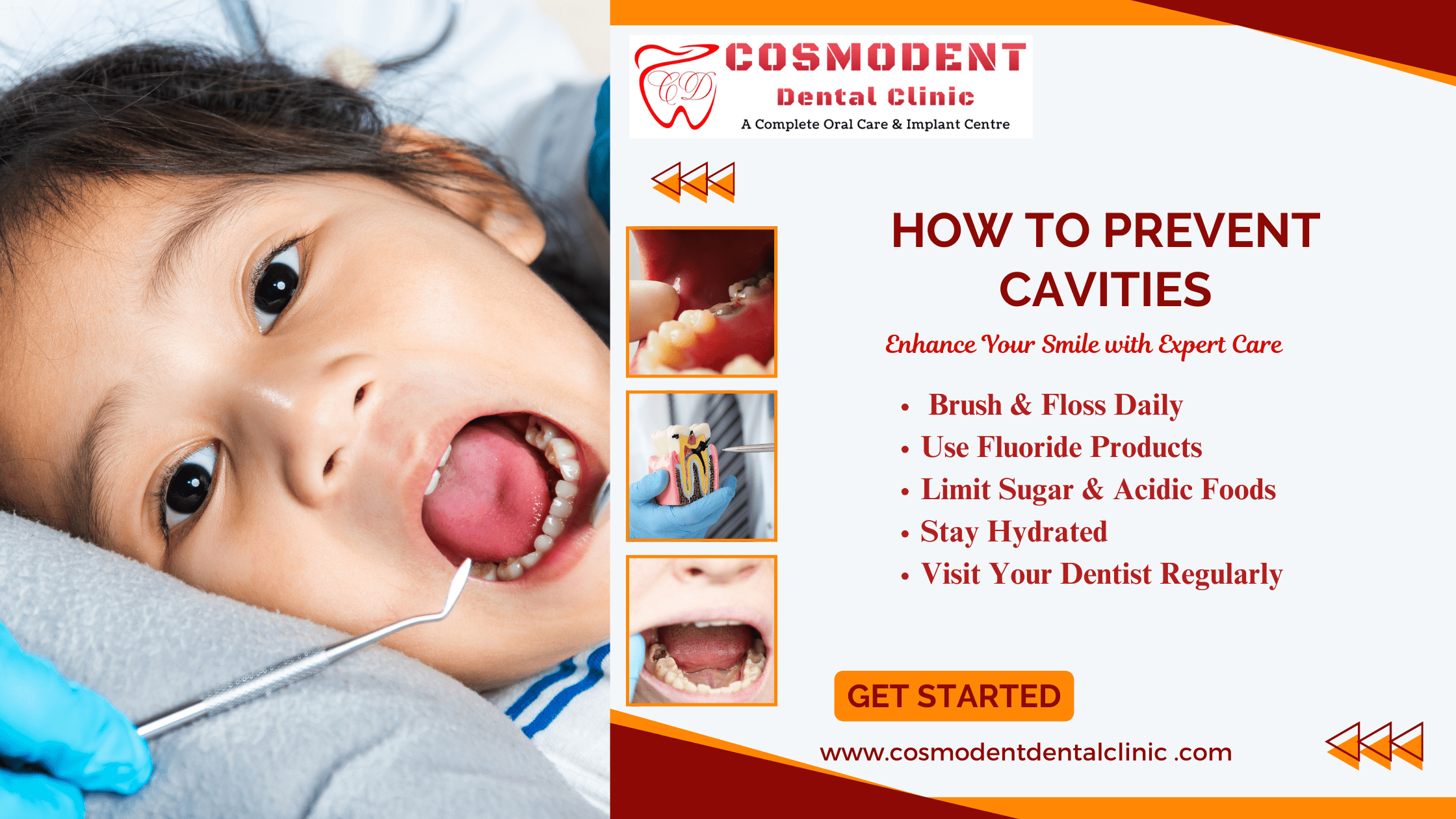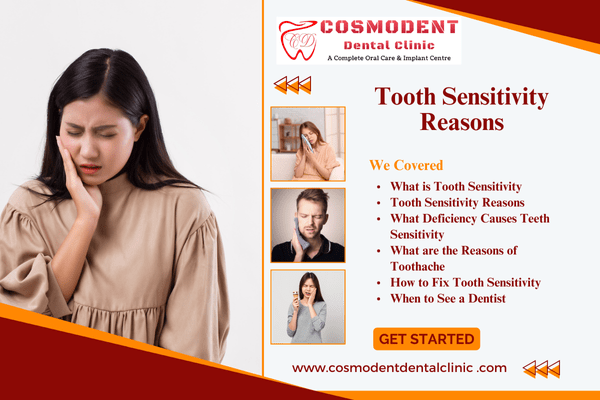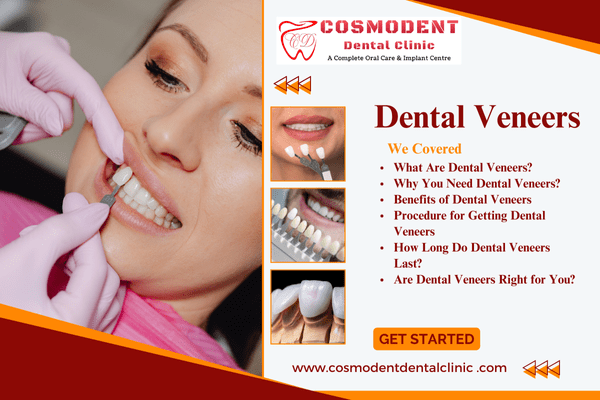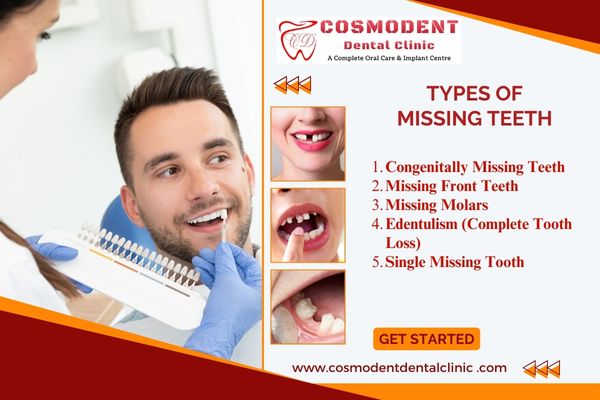Dental erosion, also known as acid erosion, is a regularly occurring but often not noted dental situation. It includes the loss of teeth caused by acid attack. Over time, this can lead to various dental troubles, including sensitivity, discoloration, and even enamel loss. Understanding the signs, symptoms, and reasons for dental erosion is important for maintaining perfect oral fitness. In this whole manual, we are able to unveil the dental erosion causes and symptoms of dental erosion that everyone wants to understand.
What is Dental Erosion?
Dental erosion is the innovative loss of the hard, outer layer of the teeth, referred to as teeth, due to chemical approaches now not involving microorganism. Enamel is the toughest substance within the human frame and serves as the primary line of safety in competition with enamel decay. However, it’s pretty liable to acid harm. When teeth wear away, it cannot regenerate, leading to irreversible damage.
Symptoms of Dental Erosion
Recognizing the signs and symptoms of dental erosion causes early can help prevent further harm and ensure well-timed intervention. Here are the important signs and symptoms to look out for:
1. Tooth Sensitivity
One of the earliest symptoms of dental erosion is accelerated enamel sensitivity. If you feel discomfort or ache while eating hot, bloodless, or candy foods and drinks, it might indicate that your teeth are thinning.
2. Discoloration
As teeth wear away, the underlying dentin, which’s evidently yellow, becomes more visible. This can cause your teeth to appear yellowish or stupid. If you observe an exchange within the color of your teeth, it can be a sign of dental erosion causes.
3. Rounded Teeth
Another symptoms of dental erosion causes are the rounding of the tooth. As the enamel erodes, the edges of your teeth may additionally turn out to be more rounded and less described. This is specifically major at the front enamel.
4. Cracks and Cupping
Advanced dental erosion can lead to the formation of small cracks or indentations on the surface of your teeth. These are often referred to as “cupping.” If you observe these changes, it indicates significant enamel loss.
5. Transparency at the Edges
Eroded enamel can also show off a translucent look, particularly at the edges. This is because of the thinning of enamel, which makes the rims of your teeth appear almost see-through.
6. Increased Decay
Weakened enamel makes your teeth more vulnerable to cavities and decay. If you revel in common dental caries in spite of right oral hygiene practices, it can be a signal of dental erosion.
Dental Erosion Causes
Understanding the dental erosion causes is crucial for prevention. Various factors can contribute to the lack of enamel. Here are the number-one reasons:
1. Dietary Habits
One of the maximum extensive individuals to dental erosion causes is weight loss plan. Consuming acidic foods and drinks, which include citrus fruits, sodas, sports liquids, and wine, can erode enamel through the years. Frequent snacking and sipping on those gadgets can exacerbate the trouble.
2. Acid Reflux
Gastroesophageal reflux disease (GERD) and other situations where acid reflux disease can result in dental erosion. Stomach acids that reach the mouth can erode enamel, especially if reflux occurs often.
3. Dry Mouth
Saliva performs a vital role in neutralizing acids and shielding teeth. Conditions that cause dry mouth, along with syndrome or using certain medicines, can increase the threat of dental erosion causes.
4. Poor Oral Hygiene
Inadequate oral hygiene practices can contribute to dental erosion. Failing to brush and floss regularly permits plaque buildup, that could produce acids that erode teeth. Additionally, using abrasive toothpaste or brushing too hard can also wear down teeth.
5. Frequent Vomiting
Conditions such as bulimia and continual alcoholism, which contain frequent vomiting, can divulge tooth-to-belly acids again and again, leading to extreme dental erosion. This is often known as permalloys.
6. Environment factor
Certain environmental factors, such as exposure to chlorinated swimming pool water and industrial acids, can contribute to enamel erosion. People working in specific industries or those who swim frequently in chlorinated pools are at higher risk.
7. Genetics
Genetics can also play a role in dental erosion causes. Some people may inherit enamel that is more susceptible to acid damage. If you have a family history of dental erosion, it is essential to take extra precautions to protect your enamel.
Preventing Dental Erosion
Preventing dental erosion involves making lifestyle changes and adopting good oral hygiene practices. Here are some tips to help protect your enamel:
1. Limit your intake of acidic meals and drinks.
If you do devour them, attempt to achieve this all through meals when saliva production is higher, which facilitates neutralizing acids. Use a straw whilst ingesting acidic drinks to minimize contact along with your teeth.
2. Improve Oral Hygiene
Brush your teeth two times an afternoon with fluoride toothpaste and use a smooth-bristled toothbrush. Avoid brushing right away after eating acidic foods or beverages, as this may cause further teeth erosion. Instead, rinse your mouth with water and wait at least half an hour before brushing.
3. Stay Hydrated
Drinking masses of water throughout the day enables you to preserve enough saliva float, which is important for protecting teeth. Chewing sugar-unfastened gum can also stimulate saliva production.
4. Address Medical Conditions
If you’ve got a scientific condition, including GERD or dry mouth, work with your healthcare provider to manage it correctly. This may additionally involve medicinal drugs, lifestyle changes, or other treatments.
5. Regular Dental Checkups
Visit your dentist regularly for checkups and cleanings. Your dentist can become aware of early signs and symptoms of dental erosion and recommend appropriate remedies to defend your tooth.
6. Use Fluoride Products
Fluoride enables a boost to enamel and can make it extra-proof against acid assault. Consider using fluoride mouth rinses or receiving expert fluoride treatments from your dentist.
Conclusion:
Dental erosion is a common but preventable circumstance that could have huge implications for your oral health. By understanding the symptoms and causes of dental erosion, you can take proactive steps to defend your teeth and maintain a healthy smile. Remember, early detection and prevention are key to averting the long-term effects of dental erosion. Regular dental visits, a balanced diet, and good oral hygiene practices are your best defense against this damaging condition.
Stay vigilant about the signs of dental erosion and visit us to preserve your dental health. Your smile is worth it!

